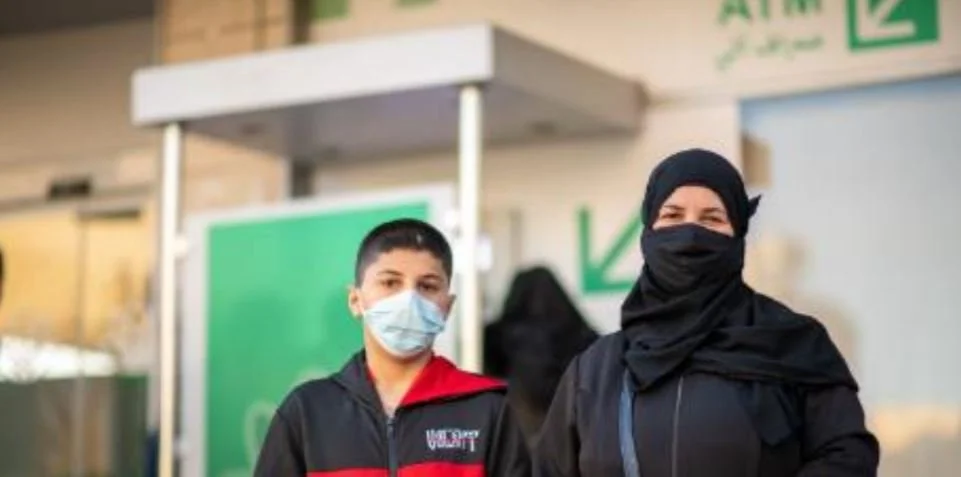July 2022
The 2022 Vulnerability Assessment Framework (VAF) population study explores different types of vulnerability dimensions across multiple sectors from a representative sample of registered refugees residing outside of camp settings across Jordan. For the first time, non-Syrian refugees have also been included in the report. By exploring relationships between vulnerability indicators and other data collected, the report outlines key trends and relationships, as well as the impact of COVID-19. The report details predefined VAF indicators and then provides in-depth descriptive analysis for each sector. The concluding section suggests links these results to make a series of recommendations on how to improve the identification of vulnerability within the refugee population in Jordan. Data analysis for the study was conducted by Samuel Hall and UNHCR, with quantitative data collection carried out by Mindset.
Download here














